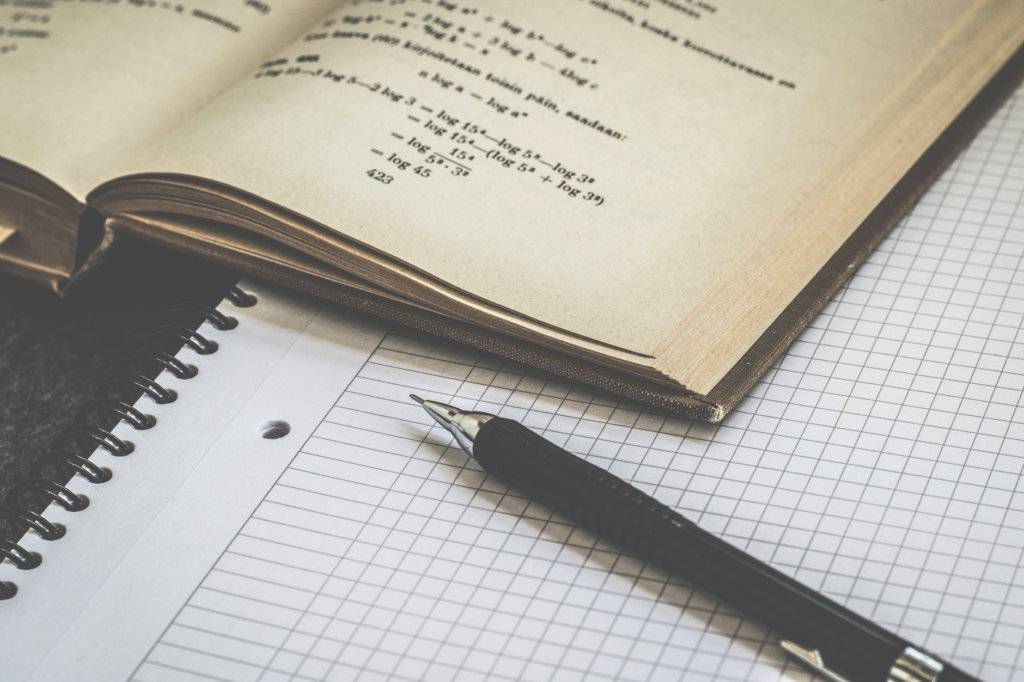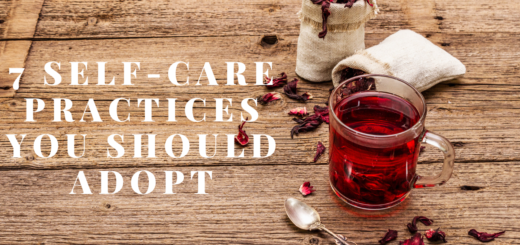HOW TO BE A MASTER SELF-LEARNER
You learn your best when you have something you care about and can get pleasure in being engaged in- Howard Sardner.
Self-learning is “a process by which individuals take the initiative, with or without the assistance of others, in diagnosing their learning needs, formulating learning goals, identifying human and material resources for learning, and evaluating learning outcomes”.
I’ve had my fair share of taking up something to learn and eventually deciding that I’m incapable of seeing it through. Actually, the reason I give up on my pursuit is either because of an eventual lack of interest or engagement or a sincere realisation that I need to quit (which is not always a bad idea, if you ask me).

However, self-learning can be a fulfilling journey because you get to decide every step, evaluate your progress and choose your personalised time-management methods. There is also this overwhelming freedom that can prove challenging when you don’t know what to do with it.
Growing your skill set and improving your self-worth is achievable with self-learning, only that it requires a level of discipline and dedication, depending on how you harness your strengths and apply the following tips:
1. Establish your purpose: I’ve discovered that to learn anything, it is necessary to define not only what you want to learn and, but also why you’re learning and how much effort it requires to reach the level of success you have set for yourself.

When I began learning the violin, I knew I really wanted to know how to play, but I didn’t specify if I wanted to become a professional musician or I just wanted to solo familiar songs for myself.
Because I didn’t have clear goals, I found myself quitting practice as soon as I started. Define your learning target so you know what you’re getting yourself into and can assess what level of intentional practice you need to put in.
2. Set smaller goals: If there is anything I have realised time and time again, it’s that goals alone will not drive consistency. In fact, if you don’t set up a system that shows the step-by-step approach to achieve your goals, you will end up with mere wishful thinking.

So you want to create a reasonable and sustainable plan and incorporate it into your daily/weekly schedule. Define the subtopics or mini skills involved in what you’re learning and drill deliberate practice for each of them.
For example, I decided that to be able to read, understand and speak French properly in a few years, I need a stress-free commitment of doing 10-minute Duolingo sessions every single night.
So keep up with those daily plans and maximise practice time into short, focused flow sessions.
3. Learn more about learning: I’ve realised that dedicating time to learn how to internalise knowledge and secure it long-term has saved me a lot of precious time and effort not just academically, but in my self-learning processes.

Don’t just take in random information from the internet. Get to know tips and tricks for your field. Use the best trusted resources and go through recommended pathways.
This will help you have a faster, more-effective and longer lasting learning experience than if you were figuring it all out by yourself.
4. Build an accountability system: Unlike in formal educational settings where there is a well defined grading system, learning on your own can deceive you into calling the shots and learning only when you feel like.
For me, finding accountability means getting comfortable with putting myself out there more often- letting my friends know what I’m currently up to and what my goals are. This might seem scary at first, but it opens you up to indirect monitoring and you are motivated to keep going.

5. Track your progress: When self-learning, especially with random online resources from YouTube and free courses, you might find yourself relearning the same things over and over while subconsciously avoiding the seemingly advanced topics.
To make sure you’re on track, build a knowledge database. Here you can add your goals, strategise your growth, link interesting resources, group information, take notes, plan and reflect as you record progress.
You can use an app like Notion to build this system and have everything you’re doing in one place. This way you’ll understand the benefit of writing everything down and having a database you can always refer to anywhere and anytime.

Finally, as a self-learner you can make significant progress if you review the basics often and continue making plans for the future.
To achieve mastery at anything, you have to be willing to not only learn by learning, but also learn by doing. Give substantial time to practice especially if you’re into writing, design, programming, etc.
Challenge the information you find and constantly seek and accept feedback. Mix entertainment into your learning process by watching videos.
Don’t just emulate the end result of performances you see around. Instead, be willing to practice repetition, until you become perfect at that skill.




Solid advice here!
Self-learning takes determination, consistent and learning from the right sources.
Thank you Vivaceva